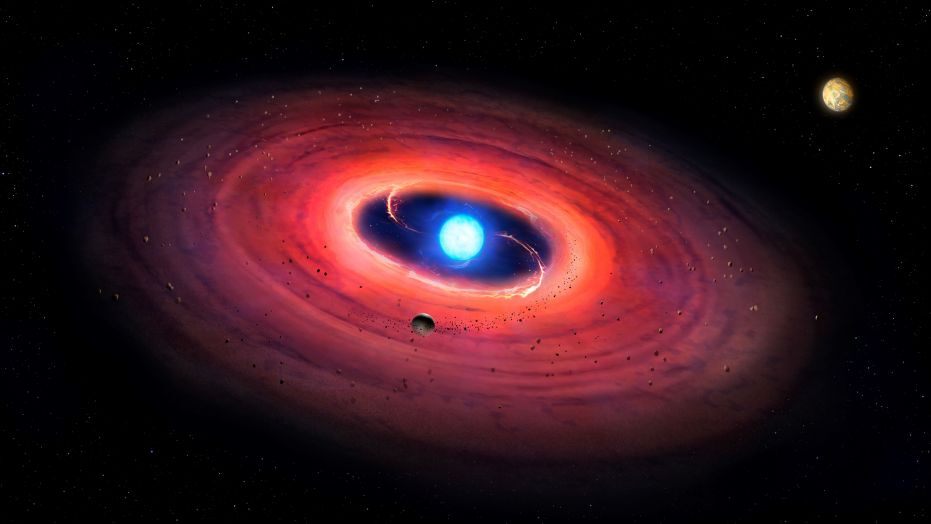Exoplanets like Earth Could be Common in the Universe

A new study infers that Earth-like exoplanets may be quite common in the universe.
The study was elaborated by a team of researchers from the University of California, Los Angeles. To reach their objective, the researchers created a new method that allows them to analyze the geochemistry of planets located beyond the limits of our solar system.
During the study, the researchers analyzed data collected from rocks, rocky planet fragments, and six white dwarf stars. Observing a white dwarf is quite difficult since you are looking at a mixture of remains, which is similar to the contents of the stomach during autopsy, according to one of the researchers.
Six elements were the primary focus of the research: iron, oxygen silicon, magnesium, calcium, and aluminum. According to the data, rocks collected from Mars have similar values to those which were recovered from Earth.
In the case of white dwarfs, the researchers harnessed the power of advanced telescopes to observe them and collect relevant information. Calculations and formulas were also used to refine the data.
Researchers also measured oxidation fugacity, a measure of rock oxidation, which is tied to the evolution of the planetary structure. Many of the rocky bodies present in the universe formed at a level of oxygen fugacity, which was up to five times higher in orders of magnitude in comparison to those which formed in areas rich in hydrogen. The team wanted to see if oxidized iron present in rocks collected from extrasolar bodies feature the same levels of oxidized iron, which can be found in rocks collected from Earth.
The paper notes that many samples feature the same oxygen fugacity, which can be encountered on Earth, Mars, and asteroids, which are present in the solar system.
It is likely that more exoplanets will be discovered in the future, and some may even host life. The paper was published in a scientific journal.
The kicker is…
The oxygen-fugacity of the exoplanet atmospheres . Many of them have a fair amount of “fossil” oxygen , in large enough abundances to breath , even .
D.H.